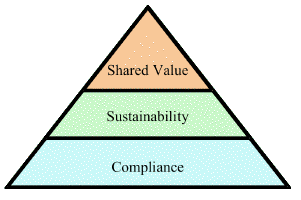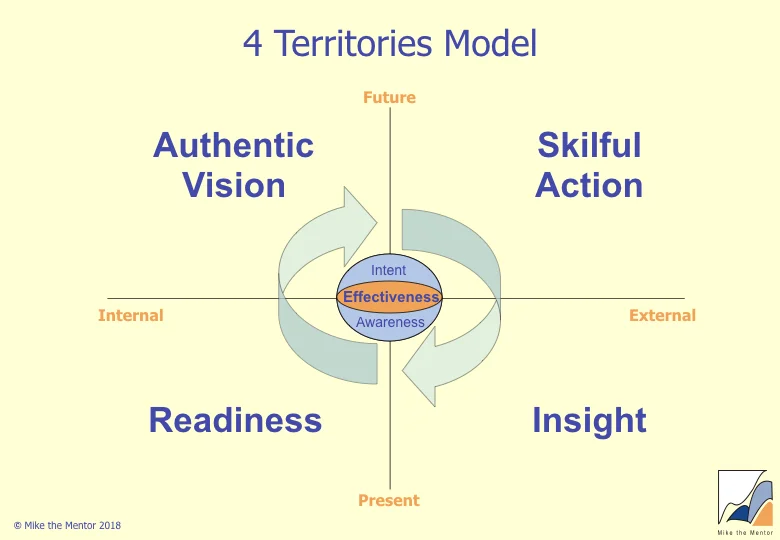Creating Shared Value
/To whom are companies responsible? Is it just their shareholders. Or do they have a wider responsibility - to their customers, employees and wider society? And if they do have a wider responsibility how should they balance these wider stakeholder responsibilities to those of their shareholders?
Michael Porter thinks he has the answer. Porter is a leading, perhaps the leading, thinker about business strategy. Famous for his book Competitive Strategy: Techniques for Analyzing Industries and Competitors which captures the complexity of industry competition in five underlying forces, he is very influential in the mainstream business world. So when he published Creating Shared Value in the Harvard Business Review saying that companies should create economic value in a way that also creates value for society, this suggested that what once had been fringe is now moving to the mainstream..
Companies have generally said that the business of business is business and that they contribute to wider society by providing products and services, employing people, and by paying taxes. Solving social problems has been seen as the responsibility of governments and NGOs. Now Porter is promoting the concept of Shared Value (an existing concept also known as Blended Value but now becoming more widely known) in which companies can create economic value by creating societal value. As Ray Anderson the innovative industrialist has said, it's about "doing well by doing good".
An example will serve to clarify this distinction between economic value and shared value. Fair Trade aims to increase the income of poor farmers by paying them higher prices for their crops. By then charging higher prices for Fair Trade goods, money is redistributed from the buyers to the growers. A shared value approach by contrast would seek to increase farmers' efficiency, yields, product quality and sustainability by focusing on improving growing techniques, and strengthening the local cluster of supporting suppliers and other institutions. This leads to a bigger pie of revenue and profits that benefits both the farmers and those that buy their produce. Porter quotes a study of cocoa farmers in the Cote d'Ivoire which suggests that while Fair Trade can increase farmers' income by 10% to 20%, shared value investments can increase their income by 300%.
Porter suggests that Shared Value can be created in 3 ways:
Reconceiving Products and Markets: that is providing products and services that meet societal needs for better health, improved nutrition, better housing, help for the aging, increasing financial security, reducing environmental damage, etc
Redefining Productivity in the Value Chain: A company's value chain affects a variety of societal issues including energy and other natural resource use, health and safety, working conditions, and productivity. By making the value chain more efficient companies can reduce both negative social impacts and costs
Enabling local cluster development: No company is self-contained. Rather each exists within a wider ecosystem of suppliers, related businesses and logistical infrastructure, as well as other potential assets such educational establishments, clean water, fair-competition laws, etc. Firms can create shared value by building up clusters of resources so that they support improvements in company productivity.
Porter argues that focusing on the connection between societal and economic progress "has the power to unleash the next wave of global growth". So is Porter's thinking leading us towards a future sweet spot where meeting societies real needs goes hand in hand with creating economic wealth - or is this, as Molly Scott Cato, the leading Green economist suggests in her blog, capitalism spotting the next opportunity to reincarnate itself? Either way, we're going to hear more about Shared Value.


